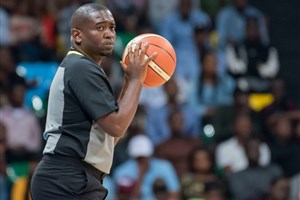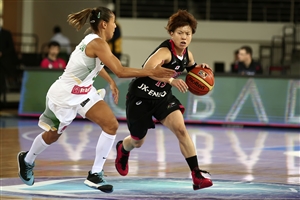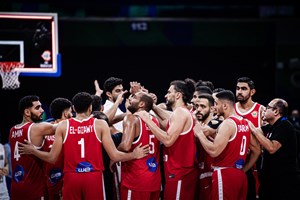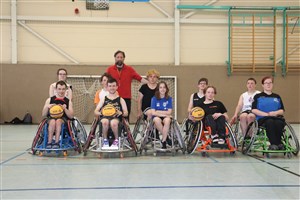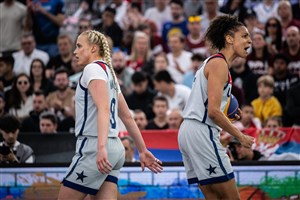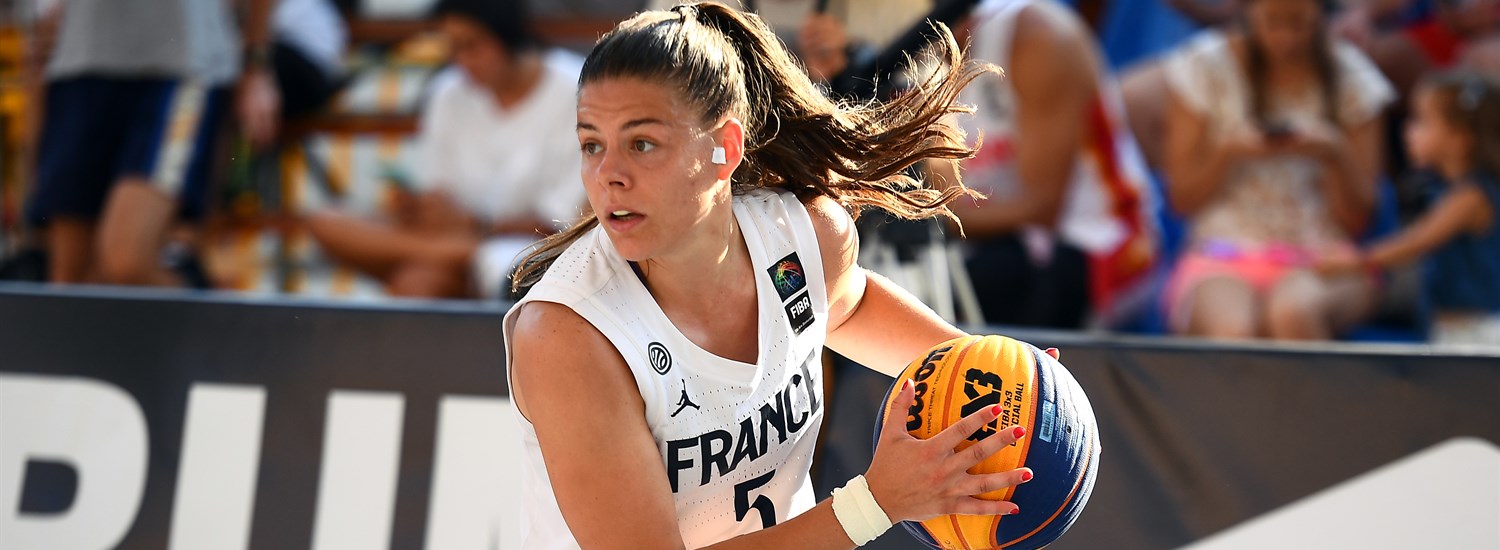
Get your degree while playing professional sport | Marie-Eve Paget
MARSAN (France) - I'd like to share something with you that's both very interesting and underestimated when it comes to the development of young players: combining sport and education.
I received a masters of teaching degree and can attest that it is possible to have a career in sport and get a university education at the same time.
Here are some options you might consider:
- University or College
Depending on where you live, you might have the opportunity to take part-time or night classes at a local university or college. These provide flexibility you may need considering the demands of a professional sporting career. - Online education / Distance education
Nowadays there is a great variety of educational options available online. Online education gives you greater accessibility and flexibility to work toward a degree during your busy basketball career. - Computer programs
Another option for those requiring a flexible education schedule is commercially available computer software. This option will not result in a formally recognized degree yet it can provide basic knowledge that you can use to further develop in certain career fields - Professional self-help books
Similar to commercial computer software, professional self-help books cover certain trades or pre-professional programs that can shed light on the fundamental details of your area of interest.
For me, important skills required to combine basketball and education are: organization, will, tolerance, perseverance, obstinacy and determination.
If you do set out to obtain a degree, I encourage you to go all the way through to graduation, even if you are playing basketball, for many reasons.
It will bring balance to your life and force you to meet new people with different backgrounds, and challenge your mind. On top of that, you'll have something to be proud of, and it's a great way to prepare for life after playing. You'll be able to avoid worrying about this during your career.
But you need to know there are demands and that it's a tiring way of life, one in which you'll have to sacrifice extra practices or spend less time with friends, among other things

Here are some tips.
Be motivated by your project. Study something that you really like, even if some courses are hard to combine with professional sport due to class schedules or internships. But I'm confident that more and more courses will provide flexible schedules for student-athletes.
The other advice I can give is that it's important to maintain good communication with your club because if they are aware of your situation, they will understand and back you and your project. If the club is by your side, they'll be supportive when you negotiate your flexible conditions of your education.
Last but not least, it's super important to not only speak English but to do it well. This will always be useful, whether it's for basketball when you communicate with foreigners, or for your post-basketball career when any job would benefit. So be studious and persevere while learning English during your other studies because this will benefit you in the long term.
Marie-Eve Paget
A point guard that won the FIBA U20 European Championship 2014 with France, Paget is now 25 and competing professionally with one of the country's top flight teams, Basket Landes. She has an excellent shooting touch and always plays lock-down defense. Paget has also played for Cavigal Nice Basket, Angers and Flammes Carolo Basket Ardennes. Paget has captured two 3x3 Europe Cup titles and two 3x3 World Cup bronze medals with France. She is No. 6 in the FIBA 3x3 Individual Ranking for Women and is hoping to play in the discipline at the Tokyo Olympics next year.

